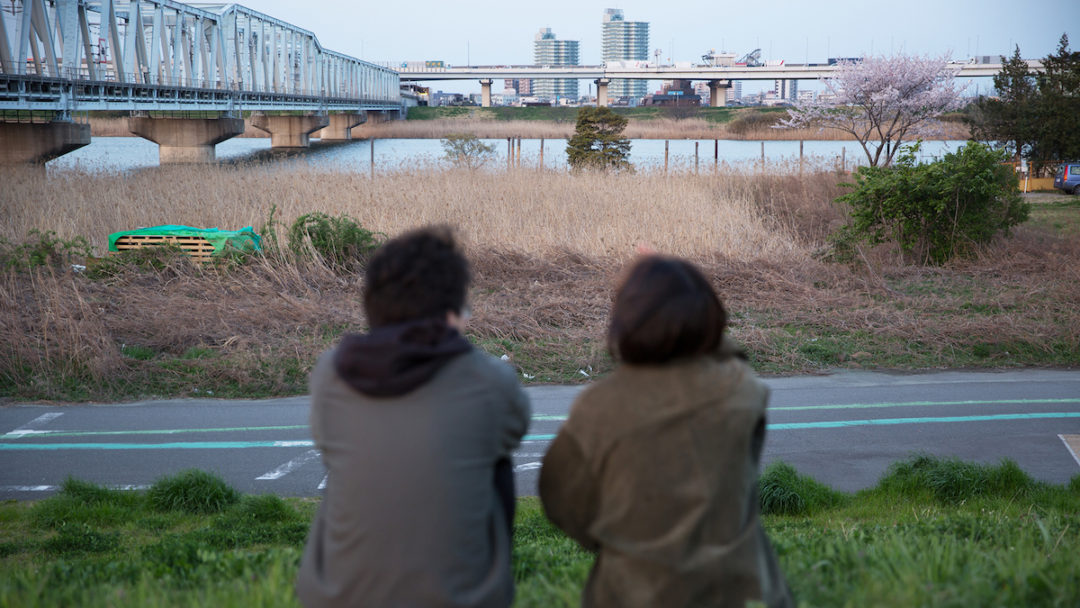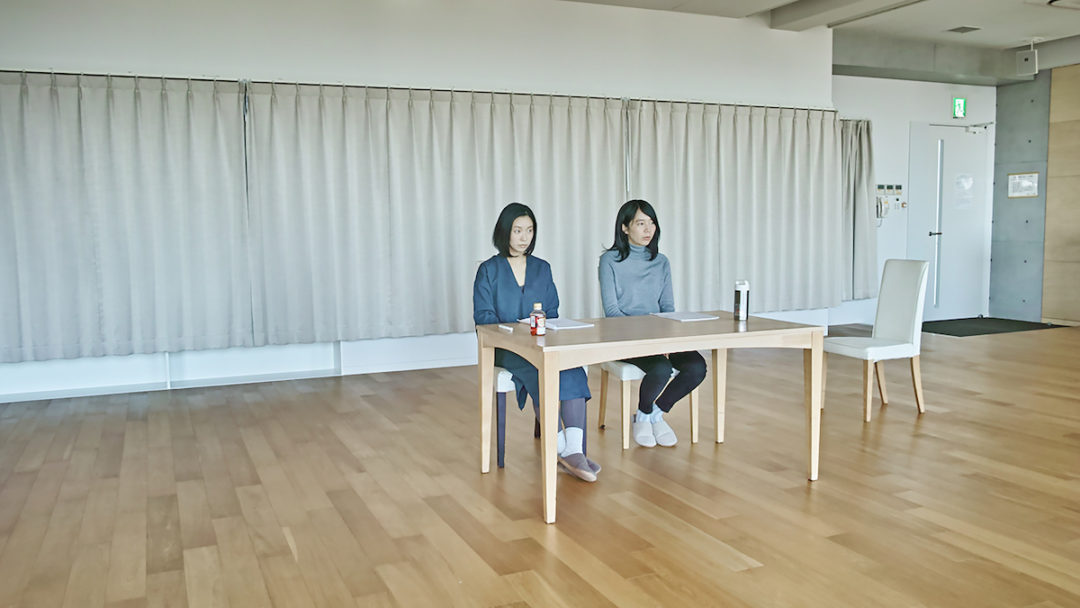ROUNDUP: International Film Festival Rotterdam (IFFR)

Rotterdam Highlights Unusual Japanese Titles
The International Film Festival Rotterdam (IFFR) is fearless. Just as Rotterdam the city transformed itself with stunningly modernist buildings after the bombings of WWII, the festival is not afraid of screening films that take audiences to the experimental and political extremes.
Held from 23 January to 3 February, the 2019 edition of IFFR showcased many works that fall into filmic minorities, such as art-house films, shorts and mid-length films, and experimental works that no other film festivals dared to screen.
In the section for feature films, such Japanese festival favorites as Ryusuke Hamaguchi’s Asako I & II and Shinya Tsukamoto’s Killing were selected. However, IFFR’s characteristic idiosyncrasy could be found in the Bright Future section for newcomers, in which two Japanese titles made the cut: Domains and The Garden Apartment. Also, Vulnerable Histories (A Road Movie) welcomed its world premiere screening in the Voices section, which brings a distinctive view of filmmakers.

Vulnerable Histories (A Road Movie) is a consciously political title that came to life out of fears of worldwide nationalism and xenophobia. This latest documentary project by the artist Koki Tanaka examines racial discrimination and politics in Japan, highlighting interactions between two members of minorities, Woohi, a third-generation Korean zainichi woman in Japan, and Christian, a half-Swiss, half-Japanese American man. Through their involvement with lectures and interviews, and continuous conversations between them, the film unveils the conservatism and hypocrisy of Japanese politics, a system that is indifferent to those who deviate from the majority.
As the audience becomes familiar with the topic and personal histories of the two subjects, the informative film allows them to contemplate the issues behind systematic racism. Having said that, there is not much chemistry between Woohi and Christian, as the protagonists are only tied by their minority status. Individual stories are reduced to a tool to explore political concerns, and the film’s eventual impact is to serve educational purposes.

Domains is a bona fide Rotterdam film, with an audaciously experimental spirit. In an interrogation room that we rarely leave over the course of 140 minutes, Aki is accused of murdering the daughter of her best friend, Nodoka. Why has she committed such a crime? Out of jealousy? Or love? This opening premise is readily overturned as the film moves on. What follows are everlasting repetitions of rehearsals in which performers act out their roles for a story about unemployed Aki’s visit to Nodoka’s house, and her conflict with Naoto, Nodoka’s husband.
This second feature by Natsuka Kusano (Antonym, 2014) refuses to deliver a conventional narrative, introducing footage for the same scene again and again. More interested in uncovering the process of filmmaking than in the content itself, Domains informs us how each take can be different (or very much similar) and how the act of storytelling stems from the exclusion of a number of edited-out scenes. For being more conceptual than narrative-oriented, the film can be a tough sit. But it could appeal to audiences who are interested in a singular project, and its formalistic deconstruction of a crime.

The Garden Apartment is a stylish work about alienation and nothingness. This debut feature by artist and photographer Umi Ishihara (aka UMMMI) is narrated by the protagonist Hikari, a pregnant teenager who is not happy with her irresponsible and indecisive boyfriend Taro. Encountering his unconventionally reckless “aunt” Kyoko, Hikari is introduced to an underground world in which everyone is drifting aimlessly.
Shot colorfully with low-key lighting, The Garden Apartment is certainly an atmospheric film, but it does not necessarily woo the audience into the magical world the director creates. Rather, longshots and restrained acting come across as Brechtian effects, intentional alienation to keep us emotionally detached from the characters and witness the mortality of love and life. Although Ishihara fills the screen with the boredom and ridiculousness of playing the game of love and disappointment, the film’s cynical, dry approach renders it a teenage portrait that does not seem to be based in any tangible reality.
By Kenta Kato
Kenta Kato is a Tokyo-based writer, film critic and festival programmer, currently in the UK conducting research toward his PhD in Film at Waseda University.
Please be sure to check with the theater before going.
